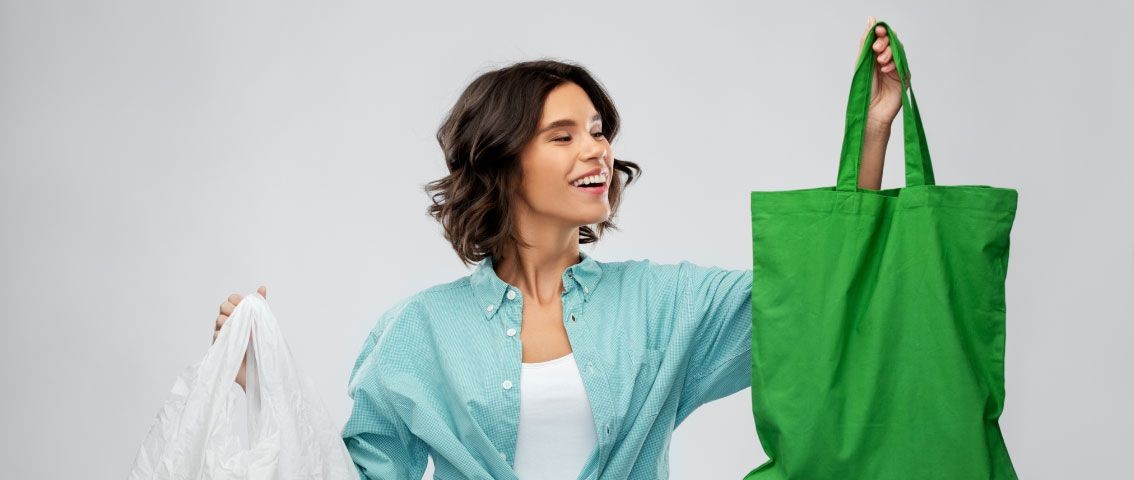In 2022, Germany led the European Union in municipal waste recycling, boasting an estimated recycling rate of 69.1 percent. Recycling in Germany is taken extremely seriously, with its waste management system and sorting policies inspiring the rest of the world.
How to recycle in Germany
Germany garbage guide
How to recycle in Germany. Recycling centres
Recycling in Germany. Collection days
Special waste. How to recycle in Germany
How to recycle in Germany
Recycling is in German people’s blood, as they are born into a culture of environmental consciousness. As an integral part of cultural assimilation, those moving to the country need to learn how to recycle in Germany. It could be quite a challenge if you’ve just moved, especially if you come from a country with less strict rules. Understanding how to recycle in Germany is one of the first steps to integrating into German society. Today, we’re going to dive into Germany’s trash sorting.
When moving to Germany, along with learning to recycle correctly, expats often have to deal with other lifestyle changes. And being apart from loved ones is one of them. With Profee, you can adapt to this big shift by sending money back home. Support those you care about with a fast and secure Profee transfer at a low cost. For example, right now you can send money from Germany to India at a promo rate, with your first transfer being commission-free.

Germany garbage guide
In 1991, Germany introduced the Green Dot policy, requiring producers to financially support the recycling and recovery of packaging once it becomes waste. It involves separating waste into different categories for recycling, composting, and landfill disposal.
The most common waste separation categories include paper and cardboard, glass, plastic, metal, and bio-waste (organic matter). Each category has designated collection bins or containers, often colour-coded for easy identification. Residents are responsible for sorting their waste accordingly and disposing of it in the appropriate containers.
The first stop on our journey of exploring recycling in Germany is your home. You’ll find these bins in Germany near your apartment building:
| Bin type | Type of trash |
|---|---|
| Blue bin (blaue Tonne) | Paper and cardboard |
| Yellow or orange bin (Wertstofftonne) | Plastic and metal containers + containers with the Green Dot (Grüner Punkt) logo. Make sure to wash the containers before recycling; otherwise, they must go to a Restmüll bin. |
| Brown bin (Biomüll) | Biodegradable trash (has to be thrown in paper bags) |
| Grey or Black bin (Restmüll) | Waste that cannot be recycled, i.e. sanitary products, nappies, etc |
| Glass recycling bins (Glasiglus) — for glass that doesn’t have a deposit (Pfand) | There are three types of glass recycling bins: 1) for brown glass, 2) for green, red and blue glass, 3) for transparent glass |

Other types of trash in Germany and where it should go:
When you purchase bottles at the supermarket, a deposit is included in the price. Empty bottles with a deposit (Pfand) can be returned to bottle return machines (Pfandautomat) to receive the deposit back. These machines are typically located in supermarkets for easy access.
Used batteries can be disposed of in battery recycling bins found in most supermarkets, as well as hardware and electronics stores.
Electronics and items with a WEEE logo, such as rooftop solar panels, should be placed in electronics recycling bins available at hardware and electronics stores, and sometimes in supermarkets.
How to recycle in Germany. Recycling centres
Recycling centres are widespread across the country. Certain items cannot be disposed of in the bins mentioned earlier, either due to their size or because they do not fit into accepted categories. For instance, if you have a mattress that you cannot donate because of its poor condition, you will need to take it to a recycling centre. Similarly, a recycling centre is where to throw clothes in Germany when they’re worn-out.
Get helpful tips on living in Germany as an expat in our blog.

Recycling in Germany. Collection days
As part of the German recycling system, collection days are designated by your municipality. These are the days when trucks come around to collect various types of waste from your area. You can take advantage of these collection days to dispose of bulky items such as old wood, electric appliances, mattresses, and other large items. This adds to the convenience of recycling in Germany because you don't have to drive all the way to a recycling centre.
However, it's important to note that in some cities, you may be required to take your bulky waste to a recycling centre independently. To avoid any confusion, check with your municipality to see if pickup services are available in your specific area.
Special waste. How to recycle in Germany
Items such as medicine, solvents, batteries, energy-saving lamps, fluorescent tubes, pesticides, and half-empty containers of paints and adhesives are classified as special waste due to their potentially hazardous nature. In Germany, the recycling of special waste requires bringing these items to a designated recycling centre. However, in certain municipalities, special waste pickup services may be organised. To learn more about the specific arrangements in your area, contact your municipality for further details on how to dispose of special waste properly.

In Germany, trash sorting is very important, as it contributes to resource conservation, waste reduction, and climate protection. Recycling in Germany may seem complex at first, but it's actually quite straightforward once you understand the rules. The system is designed in a way that makes the disposal of trash comprehensible and convenient. We hope today’s guide will help you navigate how to recycle in Germany and adopt new practices smoothly.
Adapting to a new environment can be both exciting and challenging. To help you feel closer to loved ones living in other countries, Profee offers a fast, secure, and cost-effective way to send money to family and friends. Give it a shot today.



